Parties set tone for elections
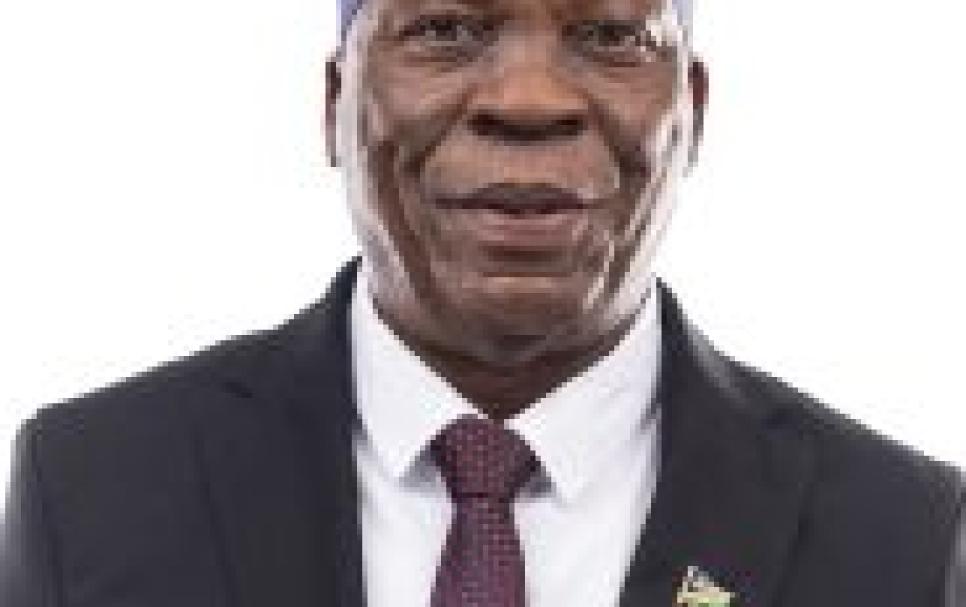
By Stefanus Nashama
- NDP, APP, IPC to contest independently
- NUDO open to negotiations
- SWANU to collaborate
Namibia’s political parties have begun revealing their strategies ahead of this year’s Regional and Local Authority Elections, focusing on areas where they face challenges in garnering widespread support. This comes as the former official opposition, the Popular Democratic Movement (PDM), grapples with a wave of resignations among key members. Among the parties outlining their plans are the National Democratic Party (NDP), the National Unity Democratic Organisation (NUDO), and the South West Africa National Union (SWANU).
Martin Lukato, NDP leader, told Confidente that his party will contest the elections independently. “We have no agreements with any other political entity. We are going it alone. But I believe our party has support in many areas across the country,” Lukato said.
He added that NDP is currently finalizing its list of candidates for those elections, with the Zambezi region already concluded.
Lukato encouraged Namibians to join and support the party.
“You know the journey I have taken to bring NDP to where it is today. This party represents hope for many Namibians and I strongly believe people will support us nationwide,” he stated. Meanwhile, NUDO secretary-general Joseph Uapingene said that while the party has long advocated for collaboration since the 2020 elections, no other parties expressed interest.
Nevertheless, Uapingene emphasised that NUDO remains open to negotiations.
“For now, we will contest as NUDO alone, since no party reached out to us and we also did not approach any political party,” Uapingene explained. He further confirmed that the party has finalized its list of candidates. SWANU president Evilastus Kaaronda indicated that the party plans to collaborate with other parties in constituencies where it lacks strong support, though he did not specify which parties. “We will collaborate with other political parties on a mutually beneficial basis,” Kaaronda said, adding that SWANU has only one constituency left to formalize.
Secretary-general of All People’s Party (APP) Marius Goraseb said the party will march on its own in the upcoming elections.
According to Goraseb, coalitions are dangerous because oppositions end up in chaos. “Coalition must be able to benefit the people not to block development as it happened at the City of Windhoek,” Goraseb said.
The Independent Patriots for Change (IPC) have made it clear that they will not enter into coalitions with other parties.
Lessons from 2020, when opposition parties in Windhoek Council formed agreements that led to internal conflicts and stalled development, continue to influence this stance. PDM member and former parliamentarian Maximalliant Katjimune reflected candidly on the party’s strong performance in the 2019 Presidential and National Assembly elections.
Katjimune attributed much of the success to the popularity of independent presidential candidate Dr. Panduleni Itula at the time.
In a recent Facebook post, Katjimune explained that PDM’s 16 parliamentary seats, the party’s best performance since independence, were not solely due to PDM’s own strength, but rather to strategic voting by citizens, particularly young voters who chose Itula for president while supporting PDM for the National Assembly.
“We acted for five years as if the 16 seats were entirely our own achievement, but this was a critical miscalculation and we paid the price,” Katjimune admitted. Political analyst Sakaria Johannes observed that there appears to be little interest among political parties to form coalitions ahead of this year’s elections.
“They could have done it by now. Silence speaks volumes,” Johannes said. He, however, emphasised that parties struggling to gain support should consider collaborating with others, as only through such partnerships would they stand a chance of achieving their objectives.
- 157 views



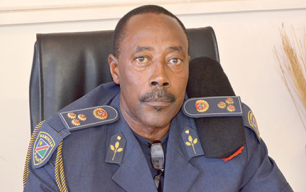

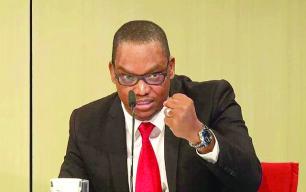
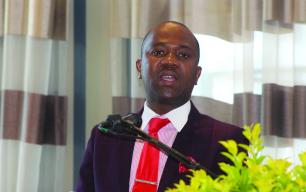
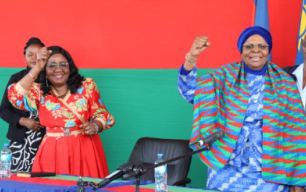
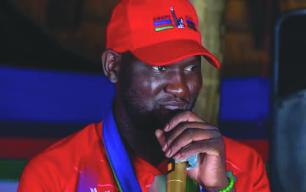
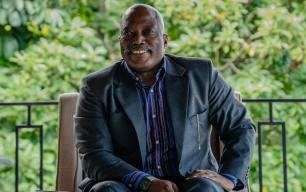
Comments